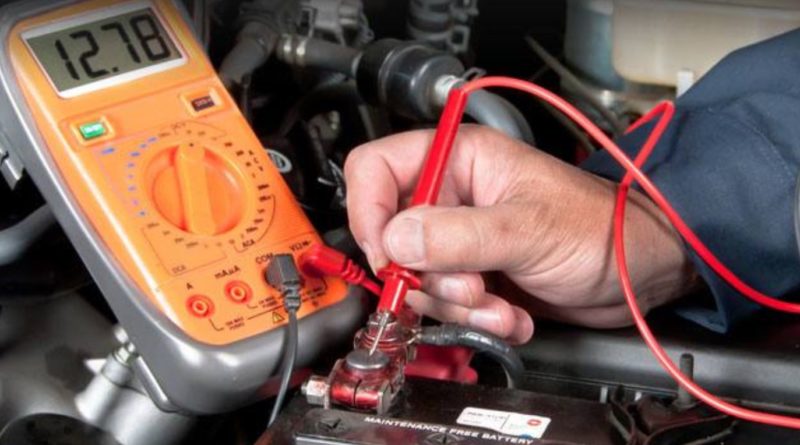AutoZone Car Battery Voltage Range
Car Battery Voltage Range
If you want to keep your auto maintenance costs as low as possible while enjoying a vehicle that is never down when you need it, prevention is the key to your success. You need to be on top of the schedule for regular maintenance like fluid changes and tune-ups, because they not only extend the life of parts, the maintenance of those systems also provides you with a chance to check for signs of wear, so you know about when it’s time to schedule a replacement for batteries, brakes, or even important engine valves and sensors. Prompt car battery replacement on a manufacturer-advised schedule can help you spot when you have other electrical issues, too, because well-maintained batteries that haven’t surpassed their recommended active service life typically don’t just drain. That means you’ll know to look deeper if you have a dead battery and you’re on an advised preventative maintenance schedule.
Voltage and Battery Life
One of the early signs of battery failure is a struggle to put out the voltage the car needs to run all its systems. Healthy batteries should put out 12.6 volts or more, and readings with a multimeter, while the engine is running, should fall between 13.7 and 14.7 volts. Lower readings mean you are probably not getting the power needed to run everything and maintain a charge through the alternator. Batteries that die despite healthy voltage readings tend to be a sign of problems with other components in the starting and charging system, so if you’re noticing that as an issue, make sure you get the alternator and related components checked out. Batteries that discharge to empty on a regular basis run a good chance of having shorter than predicted service lives, so prompt repairs are the key to keeping your costs down.
Fast Battery Checks Without Equipment
One of the signs of a dead battery you might pick up before it becomes totally unusable is decreased brightness in the headlights. This issue typically pops up before the battery becomes weak enough to fail to start the car, and it’s easy to observe if you’re familiar with the vehicle and its regular headlight brightness. Just wait until dusk or dark and start it up with the lights pointed at the wall of a building or garage interior. It should be easy to see if they’re dimmer than expected, and if they are, the next step is to head down to an auto part store that can test your battery for you. If the battery is weak but not dead, a car battery charger can help you keep its charge strong while you shop for a replacement, making it easier to shop online sales and other bargains.
Look for Warning Signs
Sometimes, the signs of a dead battery can also look a little like a bad starter or a short. Before jumping to those conclusions, take some time to check out the vehicle. If it’s something like a bad starter, you’ll still have bright interior lights and headlights, as well as the ability to turn on accessories. If it’s a short or a blown fuse, a quick check of the fusebox and an assessment of whether any systems are capable of powering up can help you figure out how to approach the issue. If there’s no sign of power at all, then it’s time to see if you can get it to hold a charge by using an external charger.



